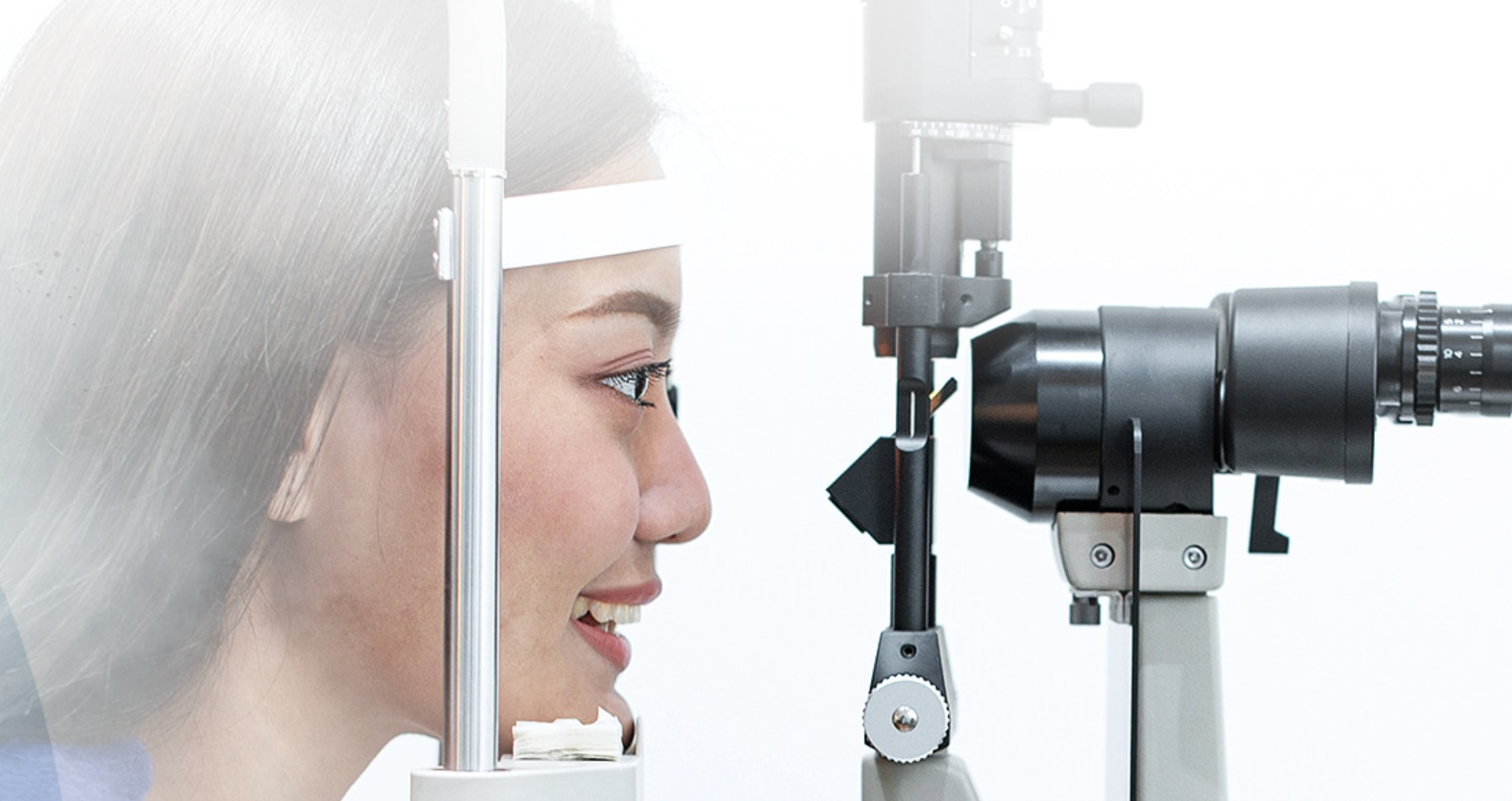Glaucoma Eye Doctor Tamarac, FL
At West Broward Eye Care, our optometrists possess extensive experience in diagnosing and treating glaucoma. We utilize state-of-the-art technology to monitor and manage this condition, ensuring personalized care tailored to each patient’s needs.
What Is Glaucoma?
Glaucoma is a group of eye diseases that damage the optic nerve, often caused by elevated pressure inside the eye (intraocular pressure). The optic nerve is responsible for transmitting visual information from the eye to the brain, making it essential for vision. Damage to this nerve can result in irreversible vision loss or blindness if not treated early. Glaucoma is a leading cause of blindness worldwide, but early detection and treatment can slow its progression.
Our Expertise in Glaucoma Care
At West Broward Eye Care, our optometrists possess extensive experience in diagnosing and treating glaucoma. We utilize state-of-the-art technology to monitor and manage this condition, ensuring personalized care tailored to each patient’s needs.
Advanced Diagnostic Tools
We employ cutting-edge diagnostic equipment to detect glaucoma in its earliest stages:
- Tonometry: Measures intraocular pressure to identify potential risk factors.
- Optical Coherence Tomography (OCT): Provides detailed images of the optic nerve and retinal layers.
- Visual Field Testing: Assesses peripheral vision to detect functional loss.

What Causes Glaucoma?
The primary cause of glaucoma is an imbalance in the production and drainage of aqueous humor, the fluid inside the eye. This fluid maintains eye pressure and nourishes internal structures. When drainage channels are blocked or not functioning correctly, fluid builds up, increasing intraocular pressure. This pressure can compress and damage the optic nerve over time.
Other contributing factors can include:
- Poor blood flow to the optic nerve.
- Structural abnormalities in the eye.
- Genetic predisposition.
Symptoms of Glaucoma
- Often asymptomatic, particularly with open-angle glaucoma.
- Subtle loss of peripheral vision.
- Tunnel vision.
- Eye pain, redness, or discomfort.
- Halos around lights.
- Blurred or reduced vision.
Glaucoma FAQs
-
Glaucoma is a group of eye diseases that damage the optic nerve, often due to high eye pressure. An eye doctor in Tamarac can provide a thorough eye examination, diagnose glaucoma, and develop a management plan to preserve vision.

